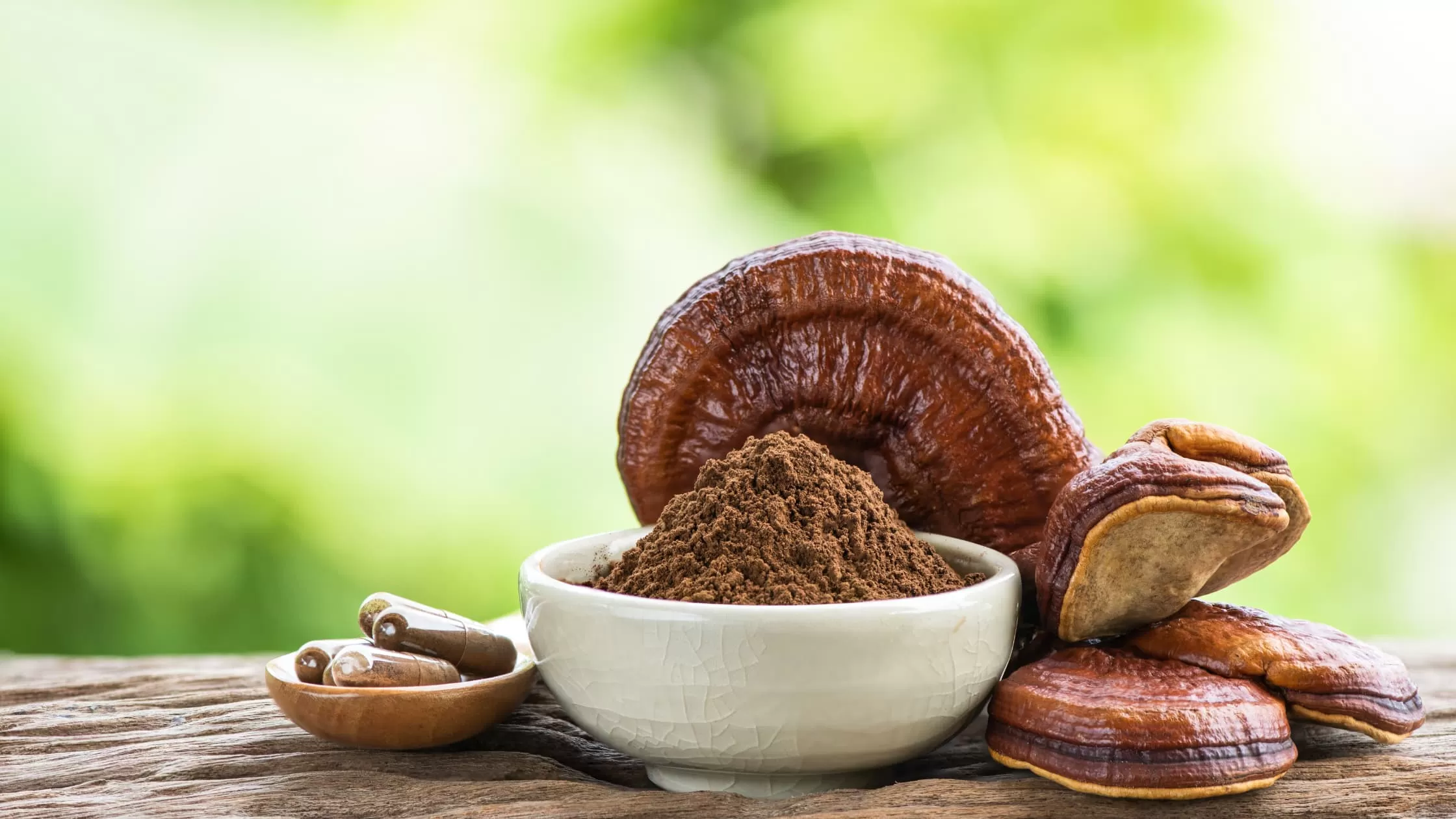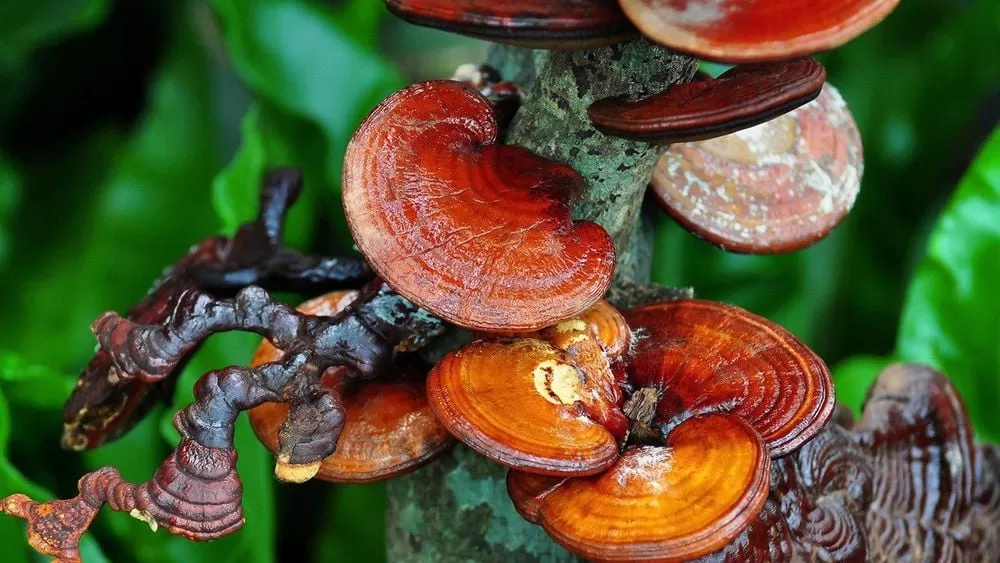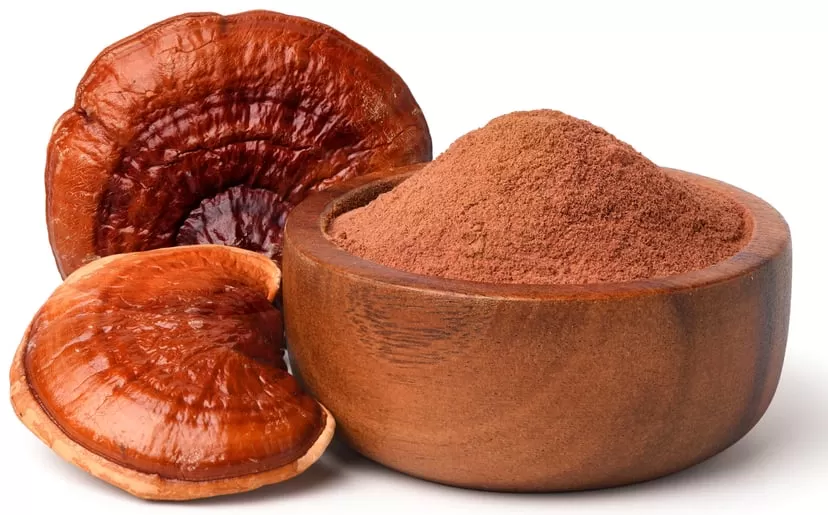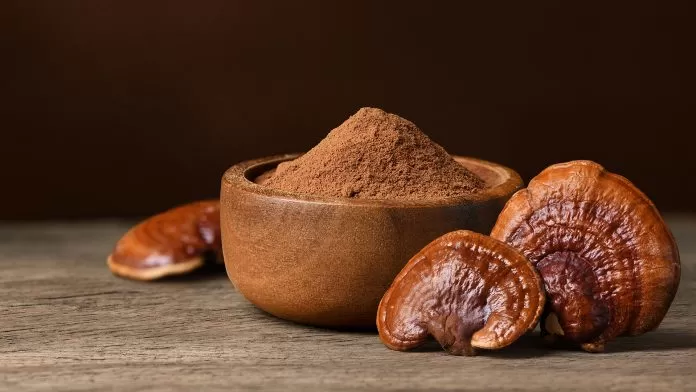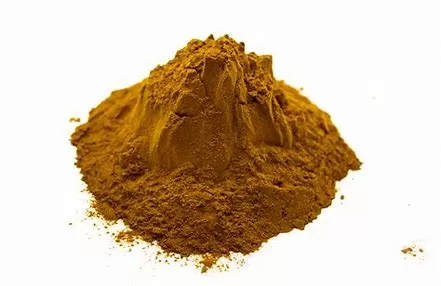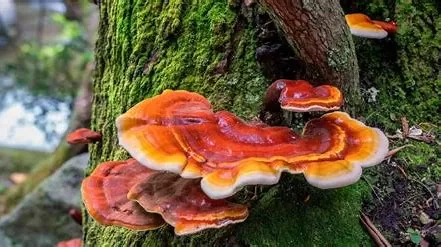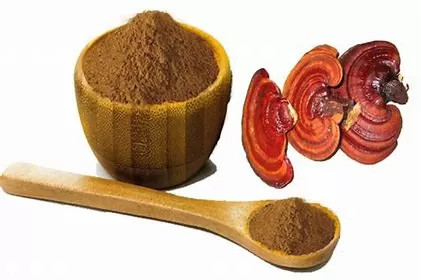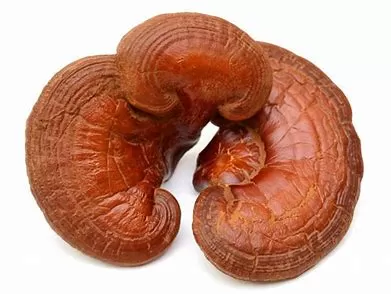- 0086-571-85302990
- sales@greenskybio.com
Reishi Mushroom’s Potential for Hair Growth: Myth or Reality?
2025-04-29
The quest for a full, healthy head of hair has been a concern for people across cultures and centuries. While many turn to conventional treatments or salon services for hair loss solutions, others seek natural remedies renowned for their health benefits. Among these natural remedies is the Reishi mushroom, also known as Ganoderma lucidum or Lingzhi, which has been an integral part of traditional Chinese medicine for over 2,000 years. Claimed to herald various health benefits including enhanced immunity and reduced stress, the Reishi mushroom is also purported to promote hair growth. But does Reishi really have the power to grow hair, or is it merely a mushroom-based myth?
Understanding Reishi’s Composition and Benefits
Reishi mushroom is known for its distinct glossy appearance and reddish-brown color. Packed with polysaccharides, triterpenoids, steroids, phenols, nucleotides, and glycoproteins, Reishi has been traditionally used to enhance vitality and longevity. Notably, it possesses anti-inflammatory, antioxidant, and immune-boosting properties. These features contribute to Reishi’s overall appeal in promoting wellness and addressing various health conditions, giving rise to speculation about its potential role in hair regrowth.
The Science Behind Hair Growth
Healthy hair growth hinges on various factors: genetics, hormonal balance, adequate nutrient supply, and a healthy scalp environment are all critical components. Hair loss can stem from issues such as hormonal imbalances (as seen in androgenetic alopecia), scalp inflammation, oxidative stress, or nutrient deficiencies. Therefore, addressing any of these contributing factors can support healthier hair growth.
Potential Mechanisms: How Reishi Might Promote Hair Growth
1. DHT Inhibition
One prevailing theory regarding Reishi’s role in hair growth involves its potential impact on dihydrotestosterone (DHT), a hormone derivative linked to hair loss. Some studies suggest that Reishi mushroom may inhibit the enzyme 5-alpha reductase, responsible for converting testosterone to DHT. Excessive DHT can shrink hair follicles, leading to hair thinning and loss. By potentially suppressing this enzyme, Reishi might help reduce DHT levels and mitigate hair loss in individuals susceptible to androgenetic alopecia.
2. Anti-inflammatory and Antioxidant Properties
Inflammation and oxidative stress are significant contributing factors to hair loss. Reishi’s anti-inflammatory and antioxidant properties might combat inflammation within the scalp and neutralize free radicals responsible for oxidative damage to hair follicles. This creates a more favorable environment for hair growth, maintaining follicle health.
3. Improved Blood Circulation
Reishi mushrooms are believed to enhance blood circulation. Improved blood flow to the scalp aids in delivering essential nutrients and oxygen to hair follicles, thereby supporting hair growth and potentially slowing hair loss.
4. Enhanced Immune Function
Some forms of hair loss are linked to autoimmune activity, such as alopecia areata, where the immune system mistakenly attacks hair follicles. Reishi’s immune-modulating properties might help regulate immune responses, reducing the likelihood of such conditions and fostering a healthier environment for hair to grow.
Scientific Evidence and Research
While the theoretical mechanisms through which Reishi might promote hair growth are compelling, robust scientific evidence is limited. Most claims about Reishi’s role in hair regrowth are based on preliminary studies, animal models, or anecdotal evidence rather than large-scale, peer-reviewed human trials. A study published in the "International Journal of Medicinal Mushrooms" highlighted Reishi’s potential to inhibit 5-alpha reductase, yet further research is essential to substantiate these findings and determine Reishi’s efficacy and safety in human hair growth applications.
Considerations and Usage
1. Holistic Approach
While Reishi may offer potential benefits for hair health, it should be part of a comprehensive approach to hair care. A balanced diet teeming with vitamins and minerals, good scalp hygiene, stress management, and, when necessary, professional medical treatment are integral to addressing hair loss.
2. Supplementation Forms
Reishi is available in various forms, including capsules, powders, teas, and topical serums. Individuals interested in incorporating Reishi into their hair care regimen may consider the form that best suits their needs and lifestyle.
3. Consultation with Healthcare Providers
Given the lack of definitive scientific evidence, individuals should consult healthcare providers before adding Reishi supplements to their routine, especially those with underlying health conditions or those taking other medications.
4. Monitor Responses
As with any treatment or supplement, monitoring individual responses to Reishi is crucial. Observing changes in hair health, potential side effects, and overall wellness can guide continued use or adjustments.
Conclusion
Reishi mushroom’s purported ability to promote hair growth is an intriguing possibility rooted in its potential anti-inflammatory, antioxidant, and DHT-inhibitory properties. However, genuine scientific validation remains in its infancy. While Reishi can be included as a supportive element in a broader, holistic approach to hair care, relying solely on it as a solution for hair loss may not yield expected results. Continued research into Reishi’s effects on human hair growth will offer clearer insights into its potential benefits and limitations. Meanwhile, those considering Reishi as part of their hair health strategy should adopt a balanced and informed approach, aiming for overall scalp and hair wellness supported by comprehensive hair care practices.
-
Why is Reishi so good?
2025-04-29
-
Does reishi balance hormones?
2025-04-29





